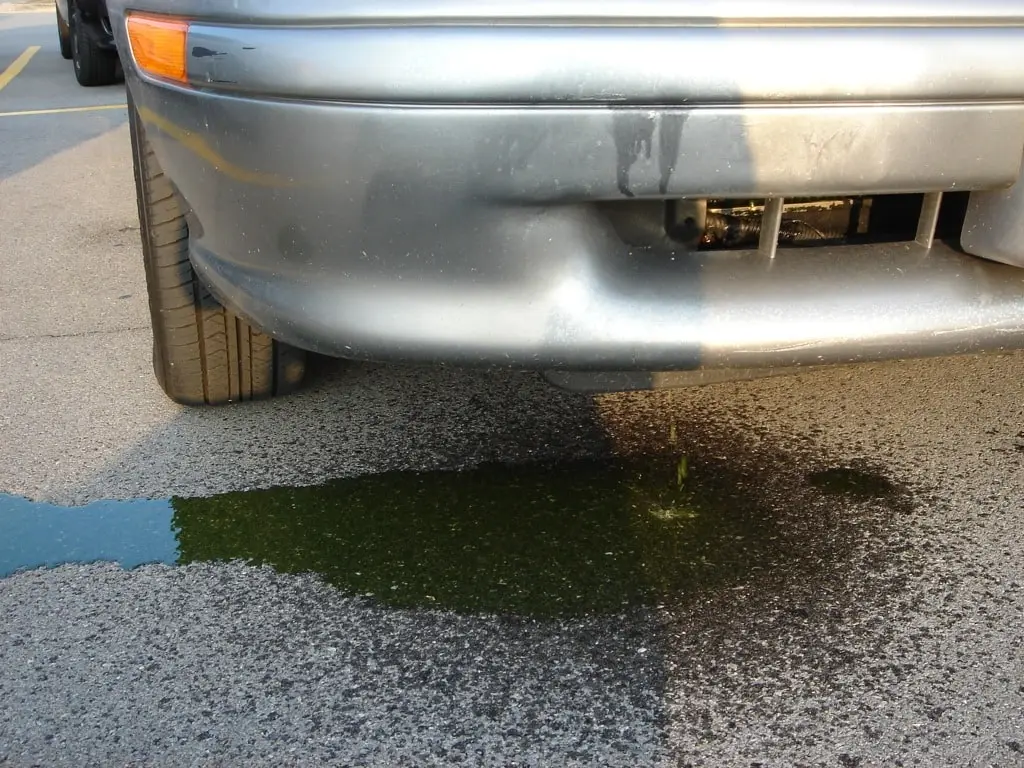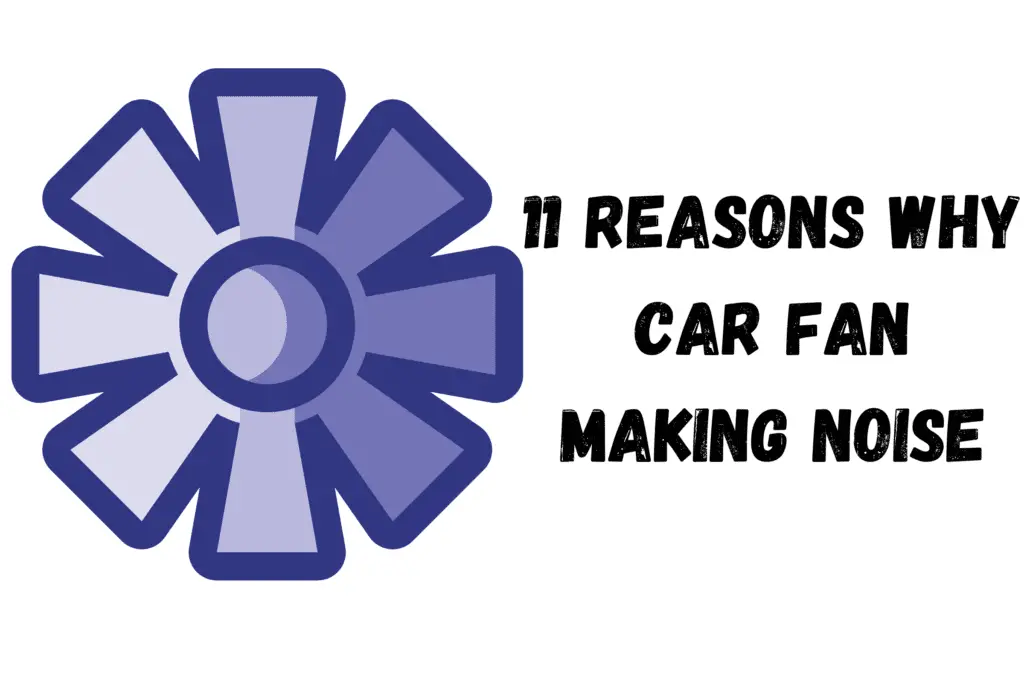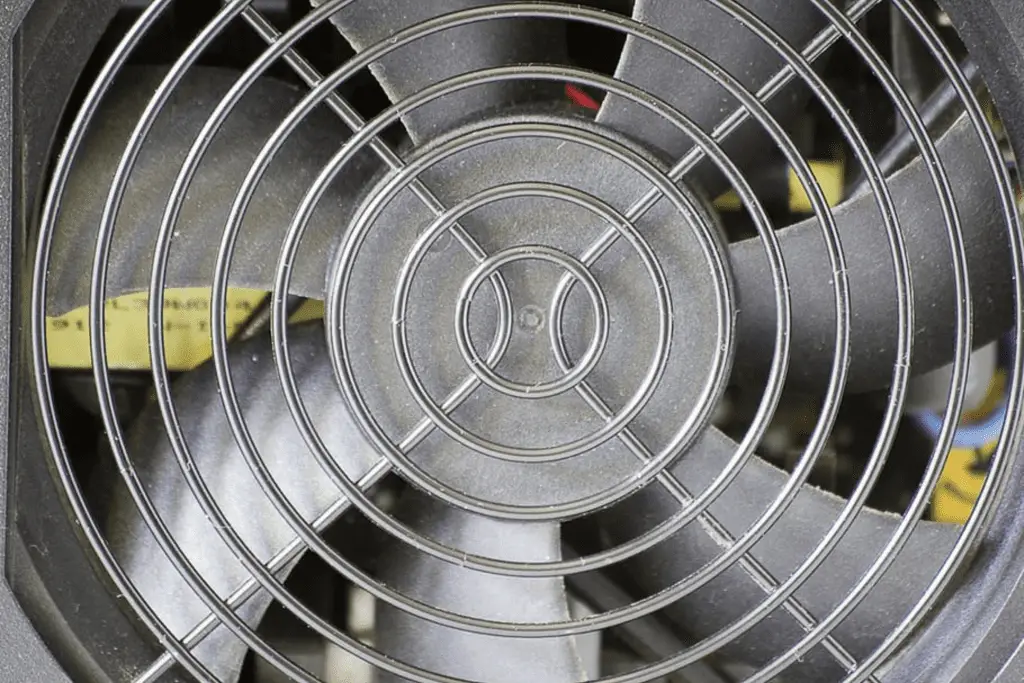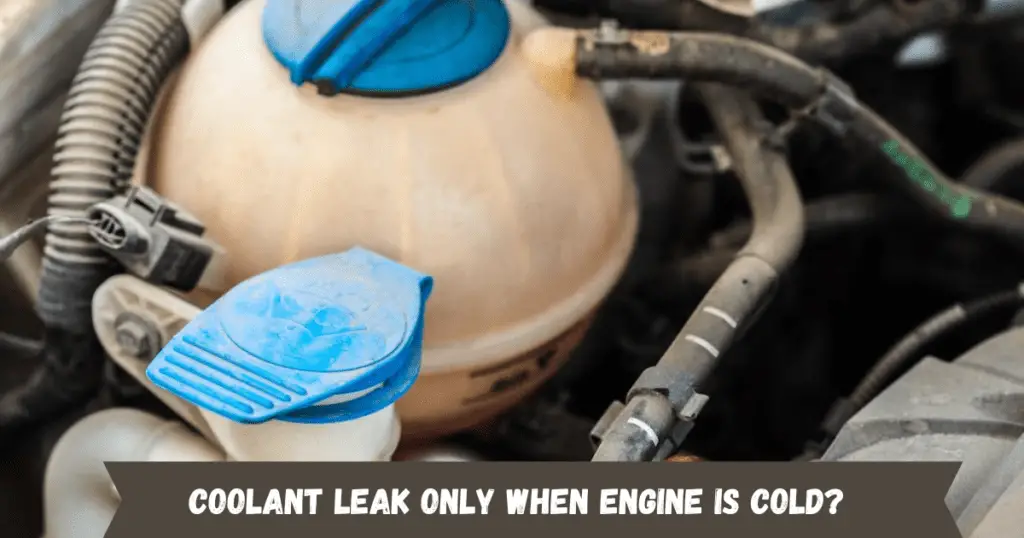Can a bad water pump cause rough idle? Absolutely, and it’s something you shouldn’t overlook. A faulty water pump can lead to various issues, including power loss and rough idle, which can severely impact your vehicle’s performance and potentially cause further damage if left unchecked. In this comprehensive guide, we’ll dive deep into the world of water pumps, exploring the causes, symptoms, and solutions to this common automotive problem.
Understanding the Water Pump’s Role
Before we delve into the nitty-gritty of a bad water pump, let’s first understand its purpose. The water pump is the heart of your vehicle’s cooling system, responsible for circulating coolant throughout the engine block and radiator. This continuous flow of coolant helps regulate the engine’s temperature, ensuring optimal performance and preventing overheating.
How a Bad Water Pump Can Cause Rough Idle
When the water pump fails, it can disrupt the flow of coolant, leading to various issues, including rough idle. Here’s how it happens:
- Inadequate Cooling: A faulty water pump may not be able to circulate coolant effectively, causing the engine to overheat. This can lead to irregular combustion and misfiring, resulting in a rough idle.
- Fuel Delivery Issues: The water pump is responsible for maintaining the proper coolant flow to the fuel delivery system. If the cooling system is compromised, it can affect the fuel delivery, leading to an uneven fuel-air mixture and, consequently, a rough idle.
- Sensor Malfunctions: Overheating caused by a bad water pump can also affect various sensors, such as the coolant temperature sensor and the mass air flow sensor. These malfunctions can confuse the engine control unit (ECU), causing it to make incorrect adjustments, leading to a rough idle.
Power Loss: Another Consequence of a Failing Water Pump
In addition to rough idle, a bad water pump can also cause power loss in your vehicle. Here’s how:
- Engine Overheating: As mentioned earlier, a faulty water pump can lead to engine overheating. To prevent further damage, the ECU may initiate a limp mode, reducing the engine’s power output to protect the engine components.
- Timing Belt Failure: In some cases, a failed water pump can cause the timing belt to slip or break, leading to a loss of power and potential engine damage.
- Cylinder Head Warping: Extreme overheating due to a bad water pump can cause the cylinder head to warp, resulting in compression loss and a significant reduction in power.
Symptoms of a Bad Water Pump
Knowing the signs of a failing water pump can help you address the issue before it escalates. Here are some common symptoms to watch out for:
- Coolant Leaks: If you notice coolant puddles or drips under your vehicle, it could indicate a leaking water pump seal or gasket.
- Overheating Engine: A constantly overheating engine, indicated by the temperature gauge or warning light, is a telltale sign of a cooling system issue, which could be caused by a bad water pump.
- Whining or Grinding Noises: Strange noises coming from the water pump area, such as whining or grinding, can indicate bearing failure or impeller issues.
- Steam from the Radiator: If you see steam or coolant leaking from the radiator, it could signify a severe cooling system failure, possibly due to a faulty water pump.
- Corroded or Damaged Water Pump: Upon visual inspection, if you notice corrosion, cracks, or damage to the water pump itself, it’s a clear indicator that it needs to be replaced.
Addressing a Bad Water Pump
If you suspect your water pump is failing, it’s crucial to address the issue promptly to prevent further damage and costly repairs. Here are some steps you can take:
- Inspection: Have a professional mechanic inspect your vehicle’s cooling system and water pump to diagnose the issue accurately.
- Replacement: If the water pump is indeed faulty, it’s recommended to replace it along with other related components, such as the timing belt, tensioners, and idler pulleys, if applicable.
- Coolant Flush: After replacing the water pump, it’s advisable to perform a complete coolant flush to remove any debris or contaminants from the cooling system.
- Regular Maintenance: To prevent future issues, follow the manufacturer’s recommended maintenance schedule for your vehicle, which typically includes replacing the water pump and timing belt at specific mileage intervals.
Frequently Asked Questions
What are some symptoms of a failing water pump?
Common symptoms of a failing water pump include coolant leaks, overheating engine, whining or grinding noises, steam from the radiator, and visible corrosion or damage to the water pump itself.
Can a bad water pump affect rpm?
Yes, a bad water pump can indirectly affect the engine’s rpm (revolutions per minute). If the water pump fails to circulate coolant properly, it can lead to engine overheating, which may cause the ECU to reduce the engine’s rpm to prevent further damage.
How do I check if my water pump is working?
To check if your water pump is working correctly, you can perform a visual inspection for leaks or damage, listen for unusual noises coming from the water pump area, and monitor the engine temperature gauge or warning light for signs of overheating.
Does a bad water pump make noise?
Yes, a bad water pump can often produce whining, grinding, or squealing noises. These noises can be caused by bearing failure, impeller issues, or other internal problems with the water pump.
Conclusion
A bad water pump can indeed cause rough idle and power loss, among other issues. By understanding the symptoms and addressing the problem promptly, you can prevent further damage and ensure your vehicle’s optimal performance. Regular maintenance and timely replacements are key to avoiding costly repairs and keeping your cooling system in top condition. Stay vigilant, and don’t ignore the telltale signs of a failing water pump.





